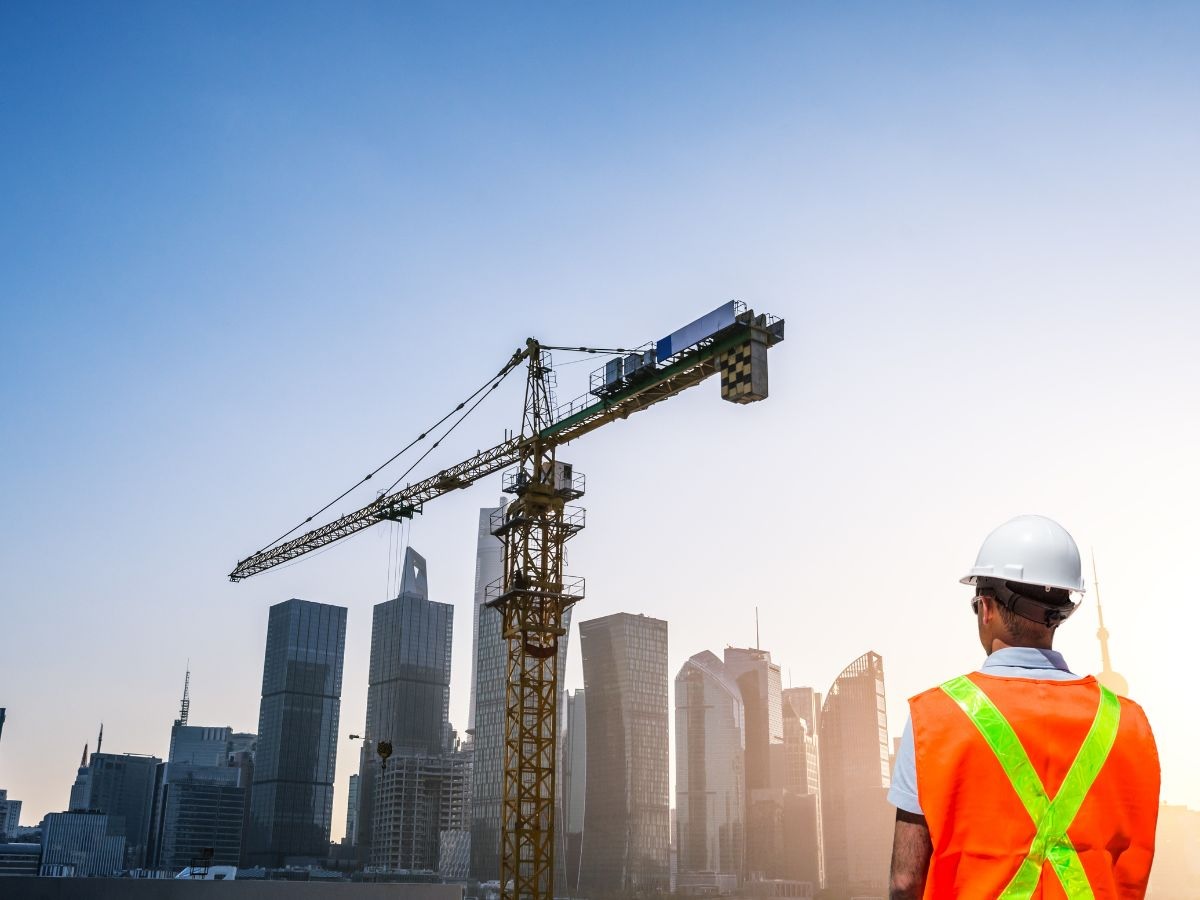In an era marked by growing environmental concerns and a pressing need for sustainable solutions, the construction industry is undergoing a significant transformation. As the demand for eco-friendly practices continues to rise, construction services are adapting to meet these expectations. This blog explores the latest sustainable building trends, shedding light on how the construction industry and refurbishment services are embracing eco-friendly practices.
The green revolution in construction
The construction industry has long been associated with resource-intensive practices and environmental impact. However, recent trends indicate a notable shift towards sustainability. According to a report by Research and Markets, the green construction industry in the United Kingdom is expected to record a CAGR of 9.8% during 2021-2025. Overall green construction output in the country will increase from GBP 54,558.3 million in 2021 to GBP 79,312.7 million by 2025. This surge reflects a growing commitment within the construction industry to adopt eco-friendly practices.
Energy-efficient designs and technologies
One of the key trends in sustainable construction is the integration of energy-efficient designs and technologies. Buildings are responsible for a significant portion of global energy consumption and carbon emissions.
Construction services are now prioritising the incorporation of energy-efficient materials, smart technologies, and renewable energy sources to minimise the environmental footprint of buildings. As per recent statistics, buildings designed to meet green standards can reduce energy consumption by up to 30%.
Recycled and sustainable materials
The use of recycled and sustainable materials is becoming a hallmark of eco-friendly construction practices. From reclaimed wood to recycled steel, the construction industry is exploring innovative ways to minimise waste and reduce reliance on traditional, resource-intensive materials.
Recent data suggests that the global market for recycled construction materials is set to grow at a CAGR of 5.2% from 2023 to 2028, emphasising the increasing adoption of sustainable materials.
Green building certifications and standards
In the UK, green building certifications and standards play a crucial role in sustainable construction. The most prominent certification is BREEAM (Building Research Establishment Environmental Assessment Method). It assesses buildings based on energy efficiency, materials, and environmental impact.
Another notable standard is Passivhaus, which focuses on ultra-low energy consumption. It sets rigorous energy efficiency criteria, promoting designs that minimise the need for conventional heating and cooling systems.
Refurbishment services: Giving old structures a green makeover
Refurbishment services play a crucial role in sustainable construction by giving existing structures an eco-friendly makeover. Rather than demolishing and rebuilding, refurbishment focuses on improving energy efficiency, updating systems, and incorporating green technologies into existing buildings.
This approach not only reduces construction waste but also extends the lifespan of structures, contributing to a more sustainable built environment.
Embracing circular economy principles
The concept of a circular economy, where resources are reused and recycled in a closed-loop system, is gaining traction in the construction industry. This approach minimises waste and promotes the longevity of materials.
Recent studies indicate that embracing circular economy principles in construction could reduce global carbon emissions by 44% by 2050, underscoring the potential impact of this trend.
Conclusion: A greener future for construction
As sustainability takes centre stage, the construction industry is undergoing a profound transformation. The integration of eco-friendly practices, the use of sustainable materials, and a focus on energy efficiency are reshaping the way buildings are designed and constructed.
With the construction industry projected to continue its growth, the adoption of these sustainable building trends is not just a trend but a necessity for a greener, more sustainable future.
In conclusion, the construction industry and refurbishment services are at the forefront of the sustainability movement, and the latest statistics reinforce the industry's commitment to eco-friendly practices. As the demand for sustainable buildings rises, construction services will likely play an increasingly pivotal role in shaping a more environmentally conscious built environment.


No comments yet